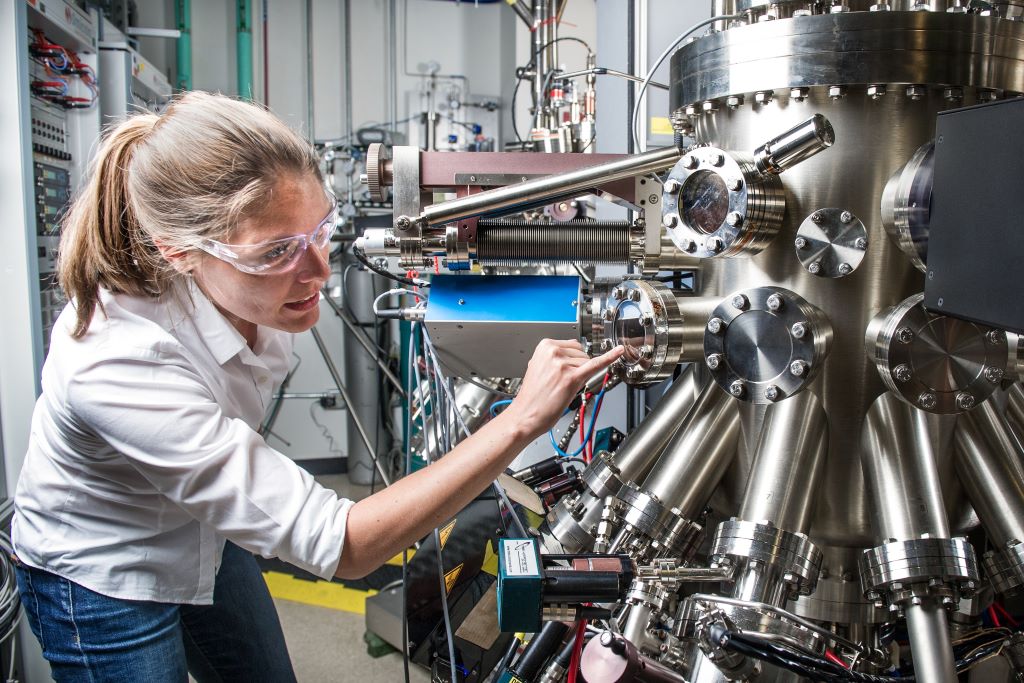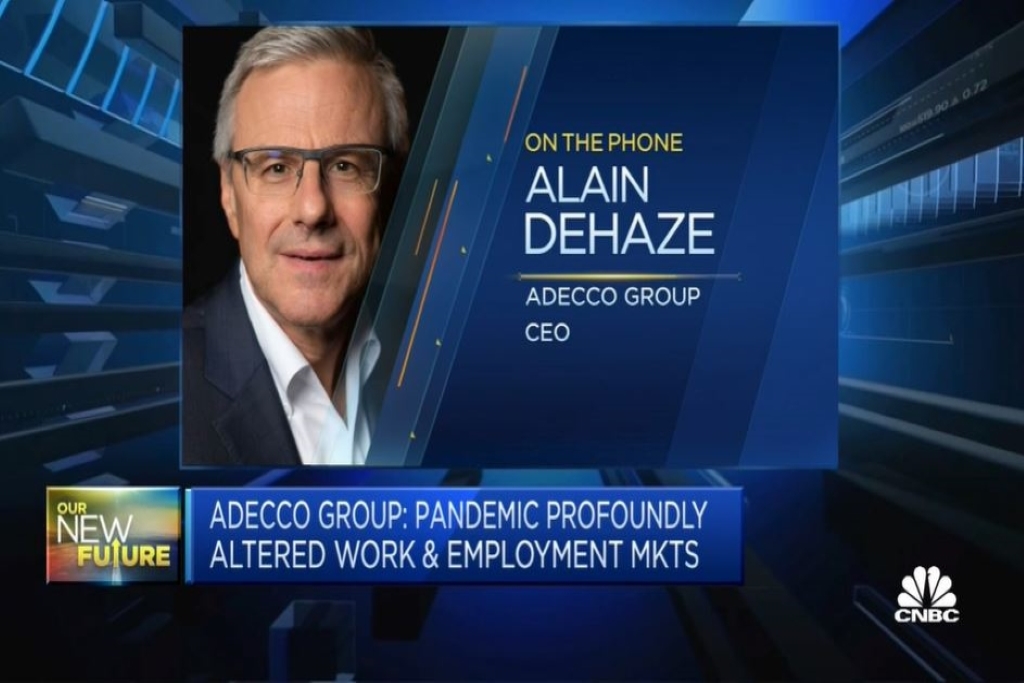This article was authored by Alain Dehaze, CEO of the Adecco Group.
As we continue to grapple with the uncertainty caused by the global COVID-19 pandemic and its spreading new variants, remote working is gaining in importance and becoming more prevalent than ever before.
This historic shift has forced companies to take a hard look at how to close a looming skills gap through up- and reskilling of their existing workforce to prepare them for the future ahead.
To face this challenge head-on, we need solutions that are nothing short of a skills revolution, not least because 85% of all jobs in 2030 have not been invented yet.

Our workforce transformation survey has also shown that when it comes to the most in-demand skills, 84% of business leaders and 59% of workers identified data analytics and data science skills as their top priority for the future. Additionally, skills such as resilience, emotional intelligence, and creativity have also become must-haves. I like to refer to this new skills trend as STEM-PATHY.
The Reskilling Revolution: What we are doing
At the Adecco Group, we have been active on the reskilling front in at least three ways:
First, recognising the significance for our colleagues to have the right skills and capabilities to serve our clients in new ways, our TAG University (TAG U) prioritises a robust learning eco-system that sets Adecco Group colleagues on a path for continuous growth. TAG U will bring together the best of the Group’s 360° HR service offerings, as well as external experts to create dedicated curriculums for all colleagues across functions and hierarchies. Our colleagues will thus be able to develop their digital, agile and critical capabilities by, for instance, taking the courses offered by General Assembly.
Second, to help our associates, we are pioneering local solutions based on individual markets' needs. For instance, in France, our "CDI Apprenant" initiative targets 17 types of positions corresponding to 400,000 unfilled job offers. These cut across the entire salary range and include positions such as consultants, electromechanics, IT support, or nursing assistants. In the US, our Adecco Academy has partnered with Penn Foster community colleges to up- and reskill thousands of associates to fill jobs in areas including contact tracing, warehousing, or distribution.
Last but not least, to help our clients better understand how to build their own talent internally, we have developed solutions in four areas that reflect employers' key trends, including how to anticipate changing talent needs, how to identify talent gaps, how to map out skilling journeys and how to identify high potentials and create career paths.
For example, through the work of LHH, the world's leading talent development and transition company, we have recently supported a German technology and manufacturing company in defining its workforce redeployment plan. The aim was to reskill up to 30,000 workers, staff an entirely new business unit, and develop new career paths for employees without them having to switch companies.
To do this, LHH has partnered with the company’s HR and leadership team to anticipate how skills will be changing in their industry over the next years, especially in the context of the sector's shift towards electric and autonomous vehicle production. Therefore, the focus of the company's redeployment plan has been to reskill mechanical engineers into software engineers.
Thanks to this approach, we have gained a better understanding of how jobs and competencies would evolve for the client's workforce to help them create a transformation plan. It has allowed us to help businesses translate predictive insights into actionable recommendations while improving their employees' employability and career transition through continuous reskilling and upskilling.

Skills for the Green Economy
Without the right policies and initiatives, moving towards a circular economy could cost as many as 71 million jobs in the coming years. The need for constant up- and reskilling is also apparent in the context of climate change and the transition towards the Green Economy. Whether it is about phasing out fossil fuels, delivering climate-friendly business practices, accelerating digitization and automation, or new work models - we need skillful individuals. To succeed, we will need close cooperation between governments, businesses, and individuals to encourage lifelong learning.
To watch the full ‘Skilling the Global Workforce’ panel debate, click here.



